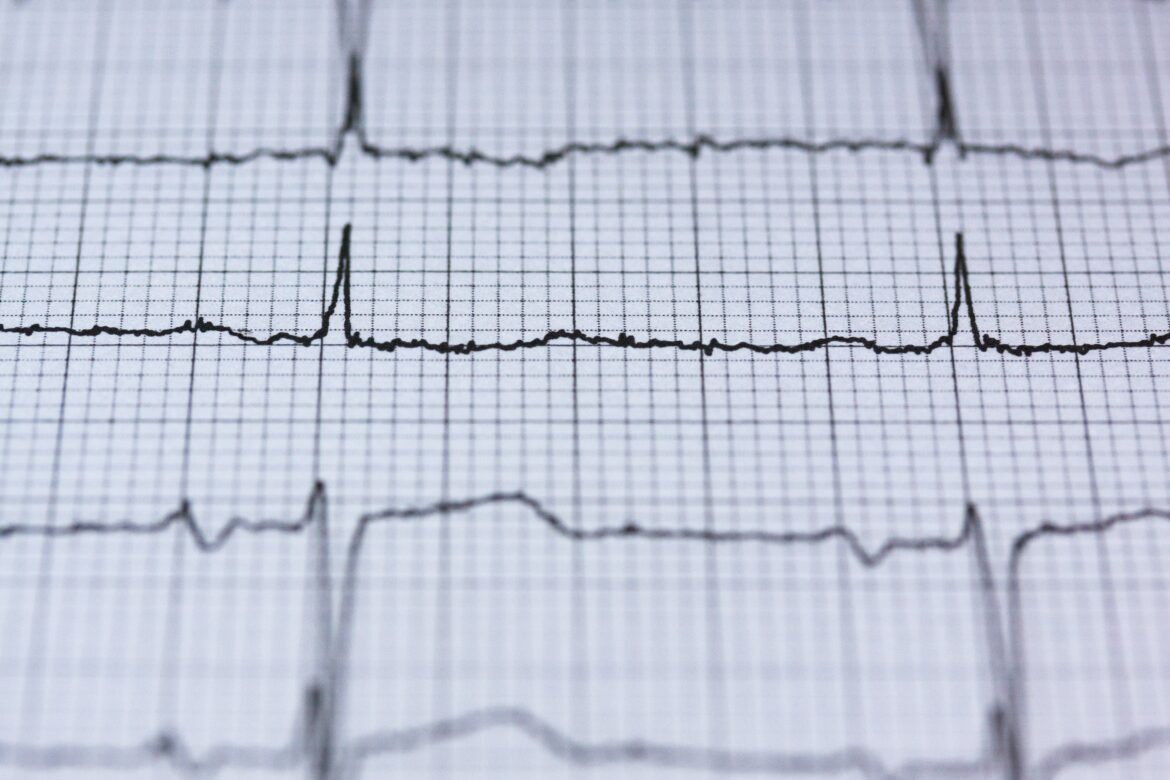Cholesterol is a form of lipid, a waxy, fat-like substance your liver naturally produces. It is vital for the formation of cell membranes, some hormones, as well as vitamin D.
It doesn’t dissolve in water, which means it can’t travel through your blood on its own. Your liver produces lipoproteins, articles made from fat and protein, to help with its transport. These carry cholesterol and triglycerides through your bloodstream.
There are two major forms of lipoprotein: low-density lipoprotein and high-density lipoprotein.
HDL Cholesterol
High-density lipoprotein, sometimes called good cholesterol, helps return LDL cholesterol to your liver to be removed from the body. This prevents cholesterol plaque from building up in the arteries.
Healthy levels of HDL cholesterol help lower your risk of blood clots, heart disease, and stroke.
LDL Cholesterol
If your blood contains too much LDL cholesterol, it can lead to many health problems, like heart attacks or strokes.
High cholesterol usually causes no symptoms, which is why it’s important to get your cholesterol levels checked regularly.
If you’re 20 or older, ask your doctor about routine cholesterol screening.
Eating foods high in cholesterol, saturated fats, and trans fats increase your chances of developing high cholesterol. Other lifestyle factors like inactivity and smoking can also contribute to high cholesterol. Your genetics may also increase your chances of developing high cholesterol. If your parents suffered from high cholesterol, you may be at a higher risk of having it. In some cases, high cholesterol can be caused by familial hypercholesterolemia, a genetic disorder that prevents your body from removing LDL.
If untreated, high cholesterol causes plaque to build up in your arteries which can narrow them, a condition is known as atherosclerosis. This can limit the flow of blood through your arteries and also raises your risk of developing dangerous blood clots.
It can also result in many life-threatening complications, like:
- Stroke
- Heart attack
- Angina
- High blood pressure
- Peripheral vascular disease
- Chronic kidney disease
Having high cholesterol can also create a bile imbalance, raising your risk of having gallstones.
If you do have high cholesterol, your doctor may recommend some lifestyle changes to help lower it. They may recommend introducing new exercise habits, changing your diet, or other aspects of your daily routine. They will likely advise you to quit smoking if you do. Your doctor may also prescribe medication or other treatments to lower your cholesterol levels.

